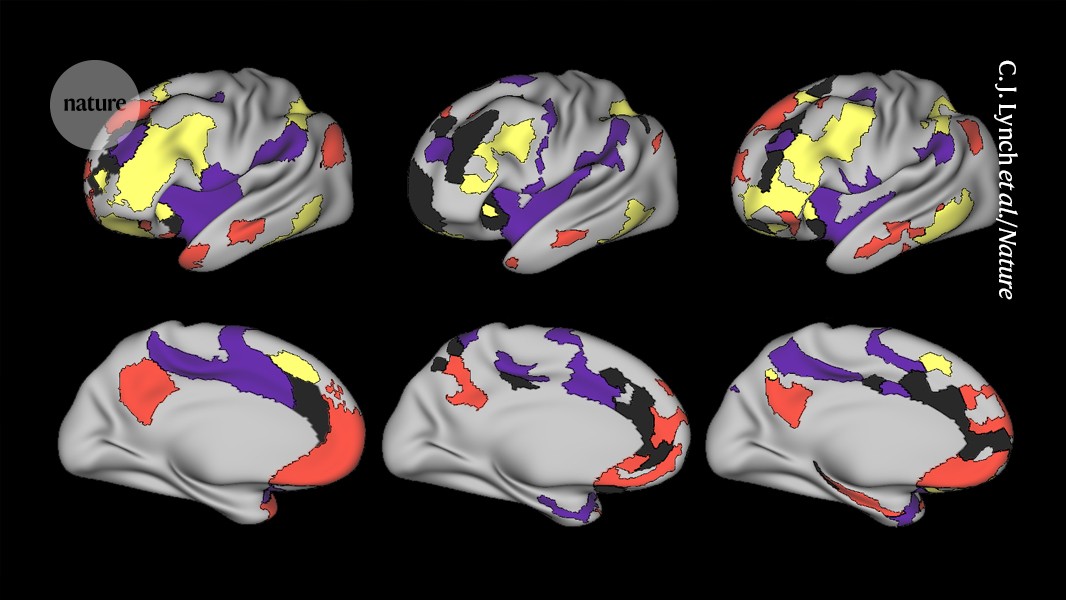- cross-posted to:
- [email protected]
- cross-posted to:
- [email protected]
Neither the article nor the original paper spell this out explicitly, but I assume the link to depression has as much to do with the way the salience network expansion comes at the expense of other networks (like the cingulo-opercular and frontoparietal) as with the salience network itself. Like, you have a heightened awareness of what’s happening around you, but a reduced sense of agency or ability to react.
Like, you have a heightened awareness of what’s happening around you, but a reduced sense of agency or ability to react.
Holy shit this is exactly how I feel a lot of the time. Your sense of agency refers to your percieved ability to alter the outcome of an event, yes?
Yeah, pretty much.
Well fuck.
Diego Pizzagalli
What a name.
So is the brain rewiring at some point? Or does it get damaged? Or is it prewired and then turns on at some point? Depression is a disease, but people usually aren’t born depressed.
The paper says it’s a persistent part of the brain’s development. It’s not a symptom of depression, it’s a heritable trait found in people prone to depression.




